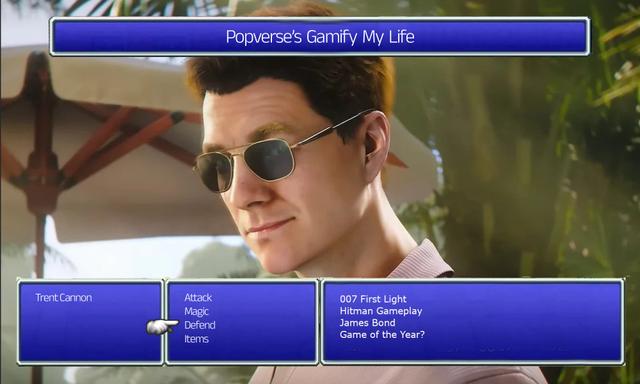If you click on a link and make a purchase we may receive a small commission. Read our editorial policy.
The massice Ice Cream Man interview with W. Maxwell Prince and Martin Morazzo you've always wanted
The creators behind Image Comics' long-running series Ice Cream Man go in-depth about the series

Ice Cream Man is a beast unto itself. Created by W. Maxwell Prince and Martin Morazzo with colourist Chris O’Halloran and letterer Good Old Neon, the independent-yet-interconnected horror yarn stands apart from most other comics coming out of Image Comics, forgoing the benefit of a long-form, uninterrupted narrative told over many years in favour of something more novel — a mostly standalone series where any issue could truly be your first, with a faint heartbeat of a plot pulsing throughout the series, telling the story of the demented, weird cosmic creature Riccardus (the titular Ice Cream Man) and his centuries-long feud with Caleb, his nemesis.
Caleb stands for genuine goodness and hope, the belief that life is beautiful and very much worth fighting for — his mantra is "everything is one thing" after all. Riccardus, however, is stricken with a sick sense of nihilism, his
Subscribe to Popverse to read this article
Become a member and get first access to tickets and badges to our events, photo ops, exclusive content, and more.
Follow Popverse for upcoming event coverage and news
Find out how we conduct our review by reading our review policy
Let Popverse be your tour guide through the wilderness of pop culture
Sign in and let us help you find your new favorite thing.
















Comments
Want to join the discussion? Please activate your account first.
Visit Reedpop ID if you need to resend the confirmation email.